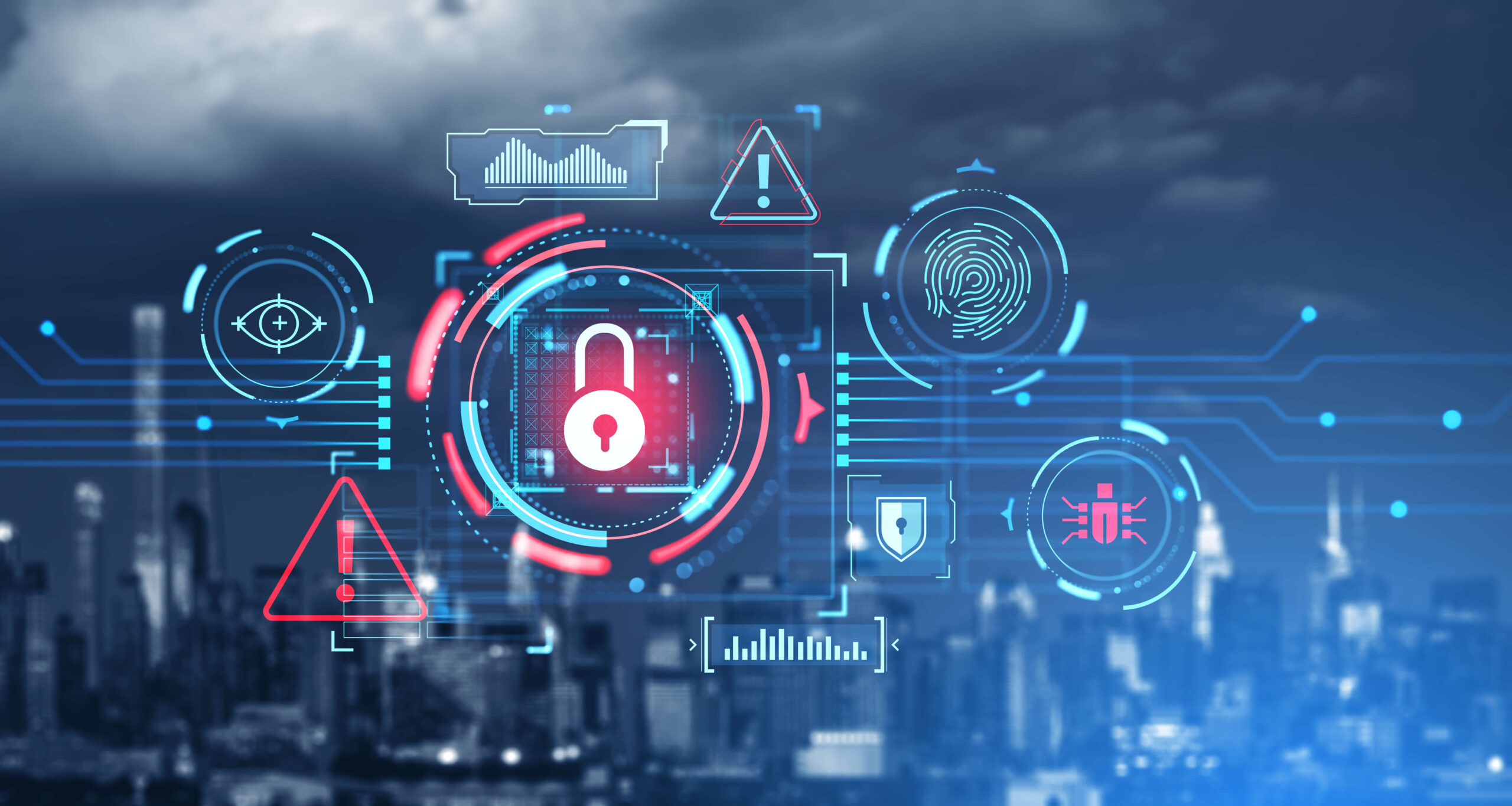

March 14, 2024
Cybersecurity is not just a priority; it’s an urgent necessity for organizations of all sizes. Justifiably so, according to the 2023 ISC2 Cybersecurity Workforce Study, “75% of cybersecurity professionals view the current threat landscape as the most challenging it has been in the past five years, and only 52% believe that their organization has the tools and people needed to respond to cyber incidents over the next two to three years.”1
Traditional security tools like antivirus software and firewalls are no longer enough to protect organizations from the ever-evolving threat landscape. To fill this gap, organizations are turning to Managed Detection and Response (MDR), a proactive approach to cybersecurity that offers near real-time cyber threat response and advanced threat detection. There are many differences between MDR and traditional security approaches that make MDR the future of cybersecurity.
Traditional security tools like antivirus software, firewalls, and intrusion detection systems are designed to protect networks and devices from known threats. While these tools are necessary, they have significant limitations. For example, they may not be able to detect zero-day attacks or advanced persistent threats (APTs) that use sophisticated tactics to evade detection.
The rigid nature of traditional security tools means they can only detect and respond to specific, known threats. This can lead to significant delays in threat detection and response, leaving organizations vulnerable to data breaches and other cyber-attacks. Additionally, many traditional security solutions weren’t designed for today’s cloud-based environments.
Additionally, traditional security tools may generate false positives, which can lead to wasted time and resources investigating non-existent threats.
MDR is a proactive approach to cybersecurity that offers continuous monitoring, advanced threat detection, rapid response and remediation, and expertise and guidance. MDR providers use a combination of threat intelligence integration, machine learning, and human expertise to detect and respond to threats in real time.
MDR represents a significant innovation in cybersecurity, offering organizations the ability to detect and respond to threats faster and more accurately than ever before. By combining threat intelligence integration, machine learning, and human expertise, MDR providers offer a comprehensive approach to cybersecurity that can help organizations stay ahead of the latest cyber threats.
MDR offers a more proactive approach to cybersecurity than traditional measures. This can help organizations stay ahead of the latest cyber threats. MDR providers offer real-time cyber threat response, advanced threat detection, and expert guidance and support to help organizations stay safe in an increasingly digital world.
If your organization were a house, traditional security would equate to locking your doors and windows. Following the analogy, MDR equates to locking your doors and windows and employing a personal security guard that patrols your home armed with knowledge of the latest intruder tactics, tools to detect break-ins, and the training to respond appropriately.
MDR providers offer 24/7 monitoring of networks, devices, and endpoints to detect threats as soon as they occur. This is especially valuable for monitoring cloud environments, where intrusions increased by 75% in 2023, according to Crowdstrike’s 2024 report.2
MDR providers use advanced threat detection technologies like machine learning and AI to detect and respond to threats faster and more accurately than traditional security tools. According to IBM, AI and automation saved organizations over $1.7 million in data breach costs and reduced the time to identify and contain a breach by over 100 days.3
MDR providers respond to threats in real time, reducing the time it takes to detect and remediate threats. IBM’s 2023 report cites a 23% cost savings when the life cycle of a breach is fewer than 200 days.3 MDR solutions significantly reduce the time and impact of a security event.
MDR providers offer expert guidance and support to help organizations stay ahead of the latest cyber threats. According to ISC2’s 2023 report, 92% of respondents cited a security skills gap in their organization.1 This likely contributes to the fact that only one in three organizations discover a data breach through their own security teams or tools.3
MDR is the future of cybersecurity; its proactive approach makes it an essential tool for organizations of all sizes looking to stay ahead of the curve and protect their valuable data and assets from cyber threats.
Are you interested in learning more about MDR? Our security partner Fortra’s Alert Logic MDR has been named a global MDR leader. Schedule a conversation with one of our security experts today to learn how Alert Logic can secure your organization.
Want to get instant feedback on your cybersecurity posture? Take our quiz.
Dewpoint, an award-winning, Michigan-based technology firm, has been helping businesses prepare for, stay ahead of, and respond to IT challenges for over 27 years. From IT security to infrastructure management to automation, cloud migration, and beyond, Dewpoint has long been a trusted technology resource for businesses.
Sources: